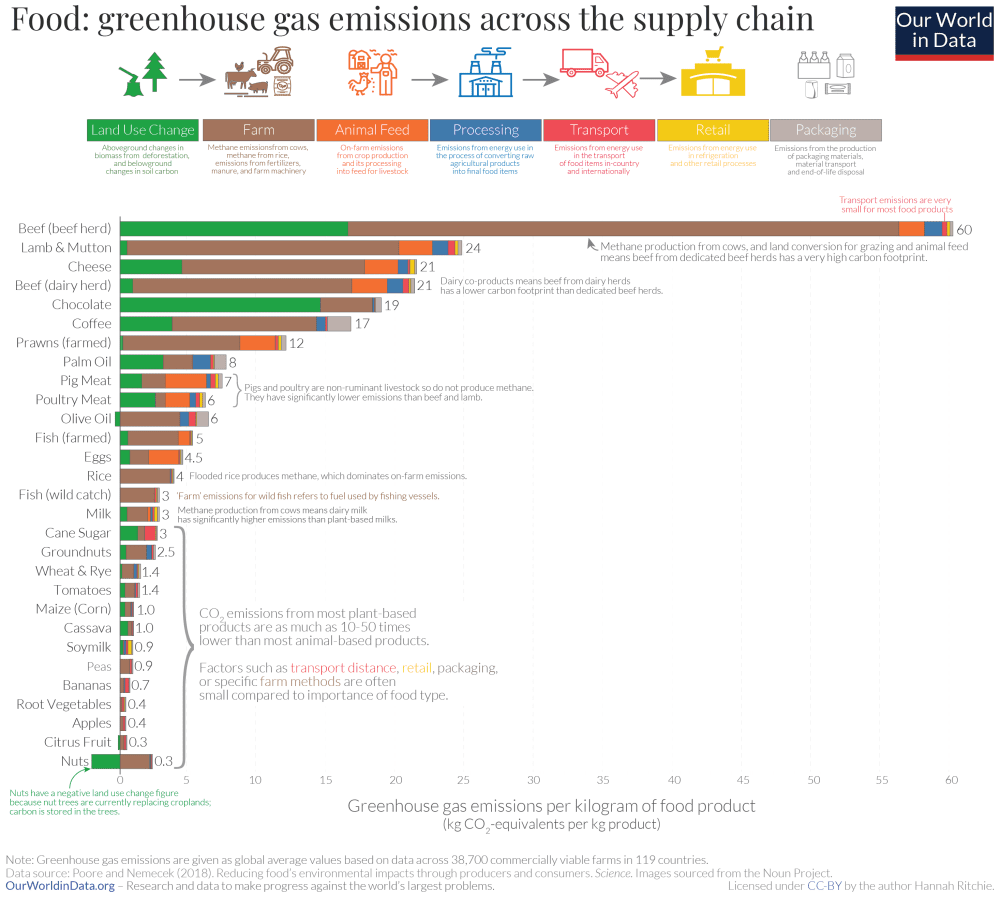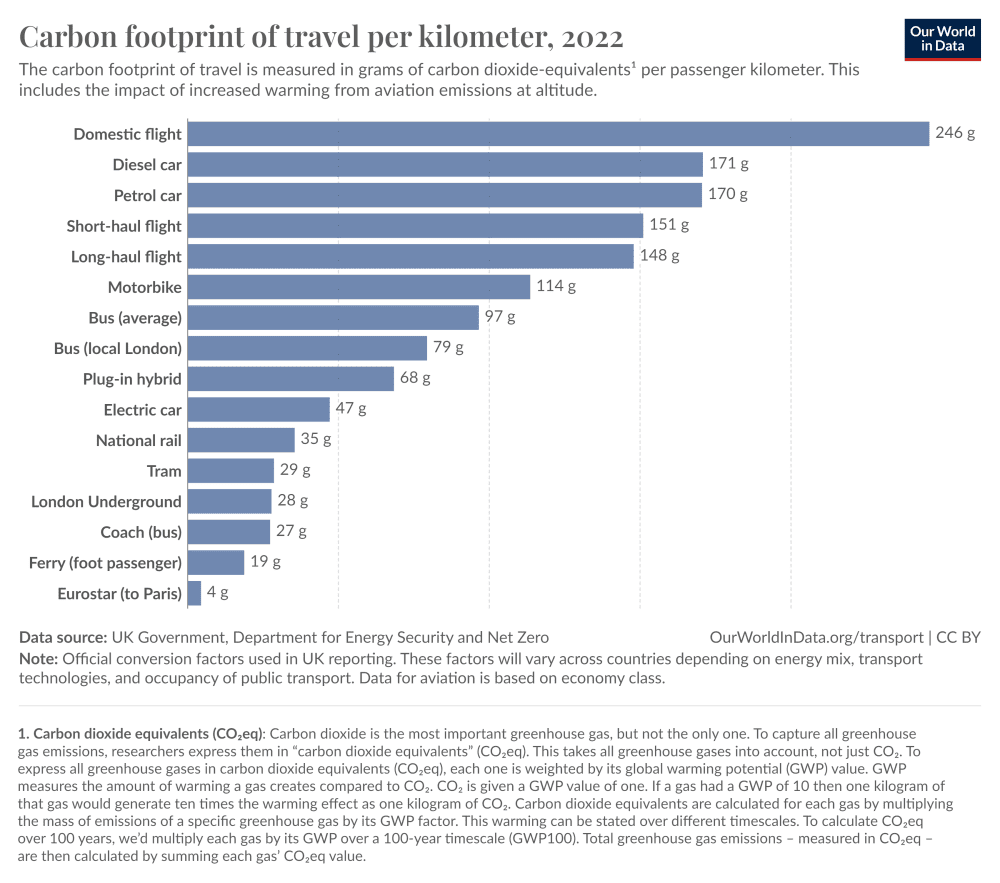Sustainability and Study Abroad

What is sustainable travel?
“I believe that for travel to be sustainable, there must be a harmonious interaction between travelers, host communities, and the planet, with respect to many physical, sociopolitical, economic, and other factors.” – Alissa Murray’s Sustainable Travel Manifesto
What does sustainable travel mean to you? Can studying abroad even have a positive impact on sustainability, or are the concepts mutually exclusive?
What small actions can you take while abroad to positively impact the planet and the other people who live on it?
UNC Charlotte’s Office of Education Abroad doesn’t have all the answers, but we hope that this page can serve as a guiding resource for students to feel empowered throughout their study abroad experiences.
One important thing to note: sustainability is about so much more than the natural environment (although this is certainly important, too)! Sustainability intersects with climate justice, the reduction of poverty and income inequality, resource-sharing, gender equity, community-building, peacemaking, and so much more.
What can I do?

Small actions can have a broader impact, especially when you share your passions and plans with others. Here are some small actions you can take to embrace a more sustainable lifestyle:
- Walk or utilize public transportation as often as possible; you might be impressed by the transit systems in your host country.
- Reduce country-hopping by plane. Rather than flying between multiple nearby nations during your term abroad, try travelling by bus or train instead; better yet, commit to exploring your host country more thoroughly instead.
- Bring a reusable tote bag and water bottle with you; many other countries charge a fee for plastic or paper grocery bags, so you’ll also save money!
- Find out what foods are grown near your host city, and prioritize purchasing in-season and local produce. Try supporting your local farmer’s market or food hall as well, since this can be an incredible opportunity to sustain local businesses while also immersing yourself in the host culture.
- To take the food topic one step further, explore alternatives to meat in your host location. Many cultures offer different variations of vegetarian and vegan diets, and you can use this as an opportunity to explore new flavor profiles and types of cuisine (for example: did you know that Mexico City has a thriving “Asian Fusion” restaurant scene?). You don’t suddenly need to go vegan in a day; you can consider slightly reducing the quantity of meat or dairy you consume, instead.
- Engage with locals – a major facet of studying abroad is intercultural exchange, but we know it can be hard to “break the bubble” of an existing social group. See if your host institution has a “buddy” program, join a sports team or hobby club, or even try out your language skills at a bookstore or cafe you’ve never visited before. Then, you can learn from locals about their unique sustainability concerns and solutions.
- Maybe you’ll even consider living with a host family! This is another great way to build your intercultural knowledge and gain crucial insights about your host city, but did you ever think that it could lower your carbon footprint? Living with any sort of roommate can help reduce your impact on emissions, as you can share utilities (this might help ease the financial burden, too!).
- Thrift your souvenirs. You can buy clothing from Zara or H&M in the United States, so it’s far more meaningful and unique to purchase memorabilia at a charity or thrift shop in your host city. Alternatively, you could buy products from an artist or arts collective; try to avoid mass-manufactured or fast fashion products when possible.
- Match your resource consumption to the local environment; for instance, you might consider limiting water use in areas with scarce access to this precious resource. Taking brief showers is a good life skill, anyway!
- Join a tree-planting project before you leave. The Office of Sustainability often hosts a tree-planting event on campus for Earth Month each April, or you can join a Trees Charlotte initiative elsewhere in the city. Trees don’t only sequester carbon dioxide; they also filter pollutants, help prevent flooding, and reduce air temperatures.
- Calculate the impact of your emissions and explore carbon offsets. While carbon offsets are a contentious and rapidly evolving topic in the field of sustainability, they may be worth researching. Even if you don’t decide to explore carbon offsets, you could use the above link to better understand the climate impact of travel.
- Research (relatively) environmentally friendly airlines. All air travel has a notable environmental impact, but not all airlines are equal!
- There are other low-cost ways to engage in a sustainability project, too! For example, you can order free milkweed seeds from the Live Monarch Educational Foundation, which you can plant to grow a butterfly garden. You can also see if the Charlotte Innovation Barn is collecting used materials for a project, and then collaborate with friends to host a donation drive. In the past, they’ve collected old T-shirts to make beds for shelter dogs, along with used takeout containers to create 3D printer filament.

Cool… but how does my individual footprint even matter?
This is a valid question; when large corporations cause the vast majority of global carbon emissions, it can sometimes feel pointless to take smaller actions. Here are what some other insightful minds have to say on the matter:
“…[The idea of a carbon footprint] started as an advertising campaign of BP, the British oil and gas company, and it is being used to this day to shift the blame away from fossil fuel companies and onto common people […] This is not to say that individual action does not have its value, though. As a greater and greater number of people, mainly the young, are leading more sustainable lives, ‘green’ products and services have become more widely available and cheaper. Secondly, partaking in a more eco-friendly lifestyle can spur individuals into more actively demanding politicians and companies actually tackle the climate crisis.”
Štefan Čikovský, the International Officer from the Youth Organization of the Slovak political party Progresívne Slovensko (Progressive Slovakia), 2023
“…individual-level actions can have visible and measurable effects on personal emissions, but they are mediated by political and economic systems that determine the degree to which they help the climate crisis. […] Mitigating the most harmful effects of climate change in most countries involves changing the way that energy is generated and used to fuel all aspects of life as we know it.”
Dana R. Fisher, author of Saving Ourselves” From Climate Shock to Climate Action (2024)
“When it comes to climate change, does individual action matter? Emphatically, yes. […] Soon, what started as a few isolated ripples can coalesce into a wave of change.”
Mary Hoff, Communications Specialist for Project Drawdown (2023)
“…about one-third of the solutions needed to stop climate change are best implemented at the household or family level. […] We need system change, but personal actions are part of the system.”
Jonathan Foley, PhD., Executive Director of Project Drawdown
As you can see from even just these few quotes, this is a complex topic; experts disagree on the centrality of individual action in mitigating the climate crisis, but most tend to agree that individual action is still better than no action. Maybe you can influence others to make small changes, too – or, perhaps you return to Charlotte with new ideas and inspiration from your host country.
Okay, If individual actions do matter, then how can i reconcile flying across the world?
Another fair question! Some sustainability-minded students have trouble making peace with the emissions generated from an international, round trip flight. We love that you’re thinking of this, as it shows that you’re conscientious about your impact.
If you’re really ill-at-ease about flying internationally, you might consider making other changes in your life (both while abroad, and once you return home) to offset the carbon from your flight. Below, you’ll find some graphs and images that illustrate what actions or consumption habits have the largest emissions impact.
However, it’s also important to consider the “ripple effect” of exchanging customs, best practices, and new ideas across cultures. These effects are much more challenging to quantify on a graph, but building cross-cultural relationships can galvanize both yourself and others to take meaningful action surrounding the many facets of sustainability.



What are other countries doing to foster sustainability?
France
Energy conservation: Energy Transition for Green Growth Act
Standardized, country-wide recycling for all paper, plastic, metal, and cardboard objects
Do you know of any other international sustainability initiatives that we should add? Please email us at edabroad@charlotte.edu
The united nations sustainable development goals

Additional resources
Click here to view the resources!
“Global Code of Ethics for Tourism” – This is more dense reading, as it was created by the United Nations as a “comprehensive set of principles” for sustainable tourism. For students who are interested in this topic, this is an amazing resource!
“How to Reduce the Carbon Footprint of Your Travels” – a travel-specific guide to small, actionable steps you can take while abroad
“In-depth Q&A: Can ‘carbon offsets’ help to tackle climate change?” – pretty much everything you could hope to know about carbon offsets as they stand in 2024
In Locamotion – provides suggestions for eco-conscious travel across multiple dimensions, such as resource conservation, social justice, and more
The United States Environmental Protection Agency “Sources of Greenhouse Gas Emissions” – this government report estimates emissions and removals by source and sector (this version is from 2022)